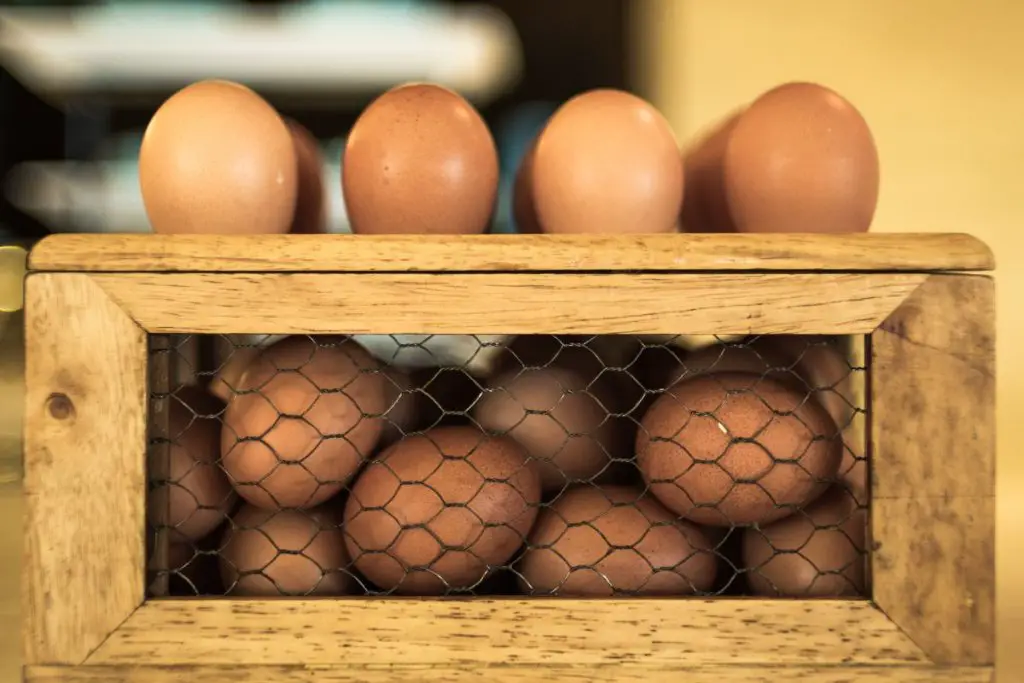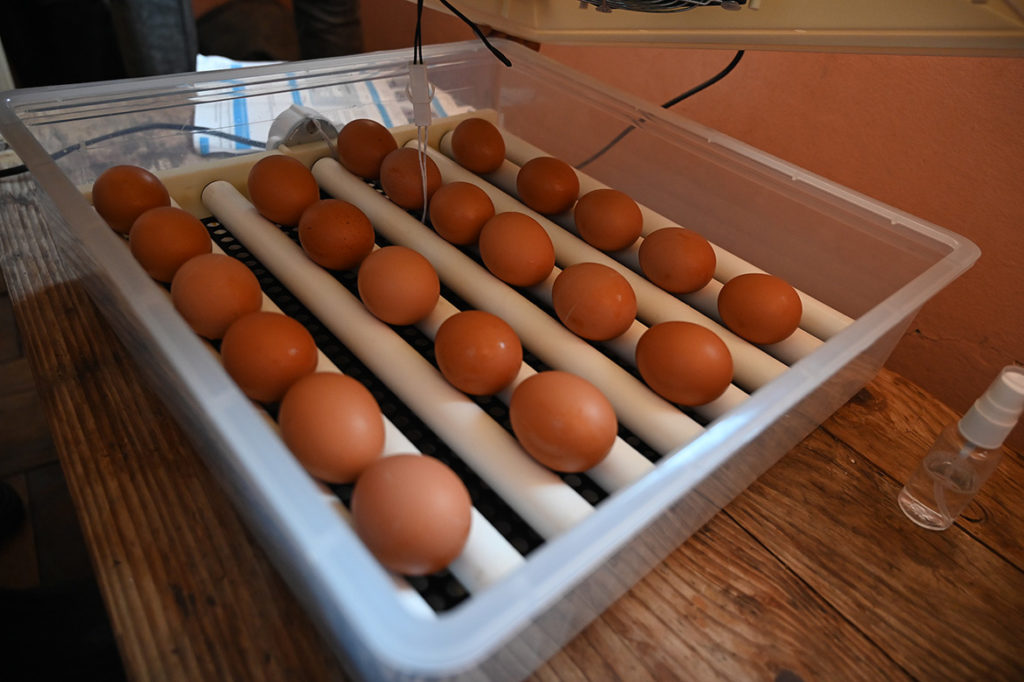Caring for baby chicks after they emerge from the incubator is a crucial step in ensuring their healthy growth and development. The process of chick care after incubator hatching involves creating an environment that mimics the natural conditions they would experience under a mother hen. This guide will provide you with comprehensive insights into this essential phase of poultry rearing.

Understanding the Immediate Post-Hatching Needs
Once your chicks have hatched, they require immediate attention to thrive. During the first few hours, chicks are particularly vulnerable and need a warm, safe space to recover from the hatching process. This is a critical time in chick care after incubator hatching, where you need to ensure they are comfortable and free from stress.
Setting Up the Brooder
A brooder is essentially a heated enclosure that provides warmth and protection to the newly hatched chicks. It should be ready before the chicks emerge from the incubator. The temperature in the brooder should be maintained at around 95F (35C) for the first week, gradually reducing by 5F each week until it reaches ambient room temperature. Learn more about maintaining the ideal conditions in your chicken incubator.
Choosing the Right Bedding
Choosing appropriate bedding is vital in chick care after incubator hatching. Pine shavings are commonly used due to their absorbency and comfort. Avoid using newspaper as it can be slippery and lead to leg problems in chicks. Ensure the bedding is clean and dry at all times to prevent diseases.
Providing Nutrition and Hydration
Feeding and hydrating your chicks correctly is a fundamental part of their care. Immediately after hatching, chicks can survive for up to 72 hours without food or water due to the yolk sac they absorb just before hatching. However, it’s best to introduce them to food and water within the first 24 hours.
Feeding the Chicks
Start with a high-quality chick starter feed that contains 18-20% protein to support their rapid growth. Place the feed in shallow dishes to make it easily accessible. For more detailed guidance on feeding, refer to this external guide on hatching chicks in an incubator.
Ensuring Proper Hydration
Provide clean, fresh water in a shallow dish to prevent drowning. You may want to add marbles or stones to the water dish to further minimize this risk. It’s essential to change the water daily and ensure it is free from contaminants.
Monitoring Health and Development
Regularly monitor your chicks for signs of illness or distress. Healthy chicks are active, alert, and have bright eyes. Any symptoms of lethargy, labored breathing, or diarrhea should be addressed promptly.
Common Health Issues
Watch for common issues such as pasty butt, where droppings stick to the chick’s vent. This can be remedied by gently cleaning the vent area with warm water. Additionally, ensure your chicks are vaccinated against common diseases as recommended.
Socializing and Handling
Begin socializing your chicks early on to make them friendly and easy to handle. Spend time with them daily, gently handling them to build trust and reduce fear.
Creating a Safe Environment
As part of chick care after incubator hatching, it’s vital to ensure their environment is safe from predators and hazards. Secure the brooder and check for gaps where chicks might escape or predators might enter.
Transitioning to Outdoor Living
When your chicks are fully feathered, usually around 6-8 weeks old, they can start transitioning to outdoor life. Ensure the outdoor coop is predator-proof and equipped with adequate shelter and space for them to roam.
Conclusion
Providing proper chick care after incubator hatching is essential for raising healthy, happy chickens. By following these guidelines, you will create a nurturing environment that supports their growth and development.

FAQ Section
What should I feed my chicks after hatching?
Chicks should be fed a high-quality starter feed with 18-20% protein to ensure proper growth.
How long should chicks stay in the brooder?
Chicks should remain in the brooder until they are fully feathered, typically at 6-8 weeks of age.
How can I prevent diseases in my chicks?
To prevent diseases, keep the brooder clean, provide a balanced diet and fresh water, and ensure vaccinations are up-to-date.
This article contains affiliate links. We may earn a commission at no extra cost to you.











